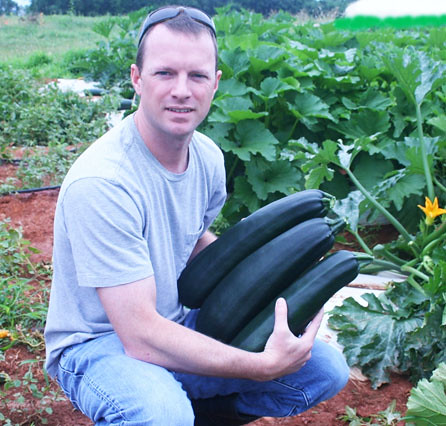The Federal Seed Act (FSA) is a truth-in–labeling law that regulates the interstate shipment of agricultural and vegetable seed. The FSA is enforced with the aid of cooperative agreements between the Agricultural Marketing Service (AMS) and each of the fifty state departments of agriculture. Enforcement of the FSA is one of the responsibilities of the AMS Seed Regulatory and Testing Division.
State seed inspectors, trained by the Seed Regulatory Testing Division and authorized by AMS, obtain official samples of seed which are initially tested by their state seed laboratory. While state seed laboratories participating in FSA enforcement routinely test official seed samples for mechanical purity, germination and noxious weed-seeds, they often don’t have the ability to test seed to verify varietal labeling.
The Seed Regulatory Testing Division laboratory conducts additional tests of these samples, as needed, in addition to tests designed to help determine if the seed is correctly labeled as to variety. These variety tests consist of rapid chemical tests designed to cause seeds of different varieties to stain different colors, tests under controlled conditions in a growth chamber that encourage seedlings of different varieties to develop different color patterns, and greenhouse and field tests to evaluate morphological plant characteristics.
The Seed Regulatory Testing Division laboratory also conducts a test called protein electrophoresis, whereby proteins extracted from seeds, seedlings, and plants are separated into distinct bands in a gel matrix placed in an electric field. After the electrophoresis process is completed, the gel is placed in a staining solution to make the protein bands visible or identify bands of specific enzymes. Varieties often have distinctive protein and enzyme banding patterns that can be used to identify individual varieties. The banding patterns from the tested sample are compared to those of a known variety and a decision about whether or not the seed is accurately labeled for variety can be made.




